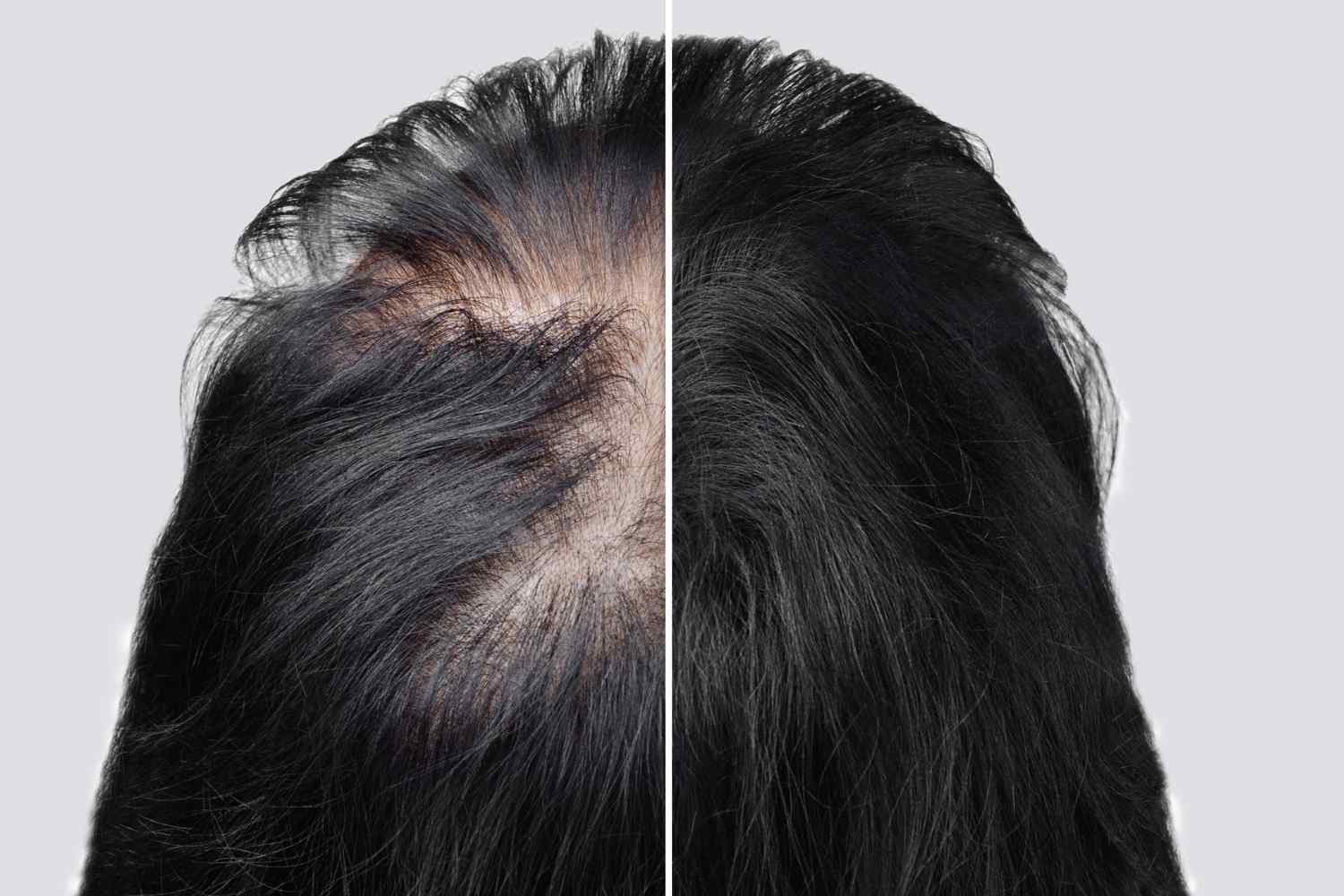Traction Alopecia
Hair Transplants
As much as we love tight hairstyles, ponytails, braids, extensions and wigs, if you’re using them often, repeated stress on the scalp can lead to traction alopecia.
Traction Alopecia
Hair Transplant
As much as we love tight hairstyles, ponytails, braids, extensions and wigs, if you’re using them often, repeated stress on the scalp can lead to traction alopecia.
- Opening Time
- Monday to Friday: 9:00 AM to 6:00 PM
- Saturday - Sunday: By Special Appointment
Traction Alopecia
Alopecia is the medical term for hair loss, symptoms of alopecia vary depending on the cause of the condition and range from a small bald patch to a complete loss of body hair. Traction Alopecia occurs when too much pressure or tension is placed on the roots of hair. Over time, hairstyles such as tight braids, weaves and extensions will cause noticeable thinning along the periphery of the scalp. This includes the anterior and posterior hairlines, as well as behind the ears. Additionally harsh chemicals for straightening and styling and thermal styling tools can cause significant damage to hair follicles or completely destroy the root at the subcutaneous layer at which point hair may never grow back. Those who suffer from trichotillomania (hair-pulling disease) may also suffer from this type of hair loss.
Although hair transplant surgery can give traction alopecia patients their hair back, they cannot go back to the hair styles and treatments which caused the hair loss in the first place. Transplanted hair is just as vulnerable to the damage caused by certain hair styles, harsh chemicals and hot styling tools as one’s natural hair.
At Anagen Hair Restoration, our area of specialty is alopecia, both androgenetic and traction. One of the many ways we treat alopecia is using PRP (platelet-rich plasma), a treatment that doctors use to accelerate healing in various areas of the body. The procedure use your own blood platelets – a type of cell that helps promote healing throughout the body – to potentially reverse hair loss and grow new hair.
You’re not alone
Traction Alopecia Hair Transplant
Traction Alopecia is most common in African-American women and men who braid their hair too tightly. It is also common in Sikh men of India and Japanese women whose traditional hairstyles pull and damage their hair. It can also present more frequently in children, teenagers and young adults and though it can be reversed if diagnosed early, it may cause permanent hair loss if left undetected and treated for an extended period of time. Unfortunately there is no medical treatment to reverse late-stage alopecia which is why a traction alopecia hair transplant has been identified as the only practical solution.

Hair Styles and Tools that Cause Traction Alopecia
- Braiding and Corn Rows
- Weaving Extensions
- Ponytails Barrettes
- Chemical Relaxers
- Excessive Heat
- Adhesives from Wigs or Extensions

You’re not alone
Central Centrifugal Cicatricial Alopecia
Cicatricial alopecia, also known as scarring alopecia, refers to a diverse group of rare skin disorders that destroy the hair follicle, replace it with scar tissue, and cause permanent hair loss. Symptoms may range from severe itching, pain and burning, with rapid hair loss to nonexistent and slow gradual hair loss unnoticed for long periods.
The majority of patients are healthy otherwise and have no family history of a similar condition. While it is possible to have more than one type of hair loss condition, non-scarring forms of hair loss do not turn into scarring forms of hair loss.
Treatment strategies are different for each subtype and each patient. Those who feel that they are suffering from Cicatricial Alopecia should talk to their dermatologist before considering surgical treatment. Surgical treatment for cosmetic benefit is an option only in some cases after the disease has been inactive for two or more years. Hair restoration surgery or scalp reduction may be considered in these instances.
Schedule An Initial Consult With A Hair Expert
If you are interested in a hair transplant, your first step is going to be scheduling an initial consultation with a hair specialist. Our services are free of charge and designed to ensure that our clients are connected with the physician who best meets the patients’ medical needs. A FUE hair transplant in Maryland, Washington DC, or Virginia is an outpatient procedure, but it is still a surgical one and should be handled by a team that you trust.
Ready To Schedule Your Online Consultation or Have A Question?
Give us a call at (301) 591-6552 or, if you prefer, schedule your no-obligation FREE online consultation.

Anagen Hair Restoration has many convenient locations throughout the DC metropolitan area. If you’re looking for hair restoration in Virginia, Maryland or Washington DC, we make the entire process simple, easy and convenient. Schedule your consultation with us or give us a call today at (301) 591-6552.
